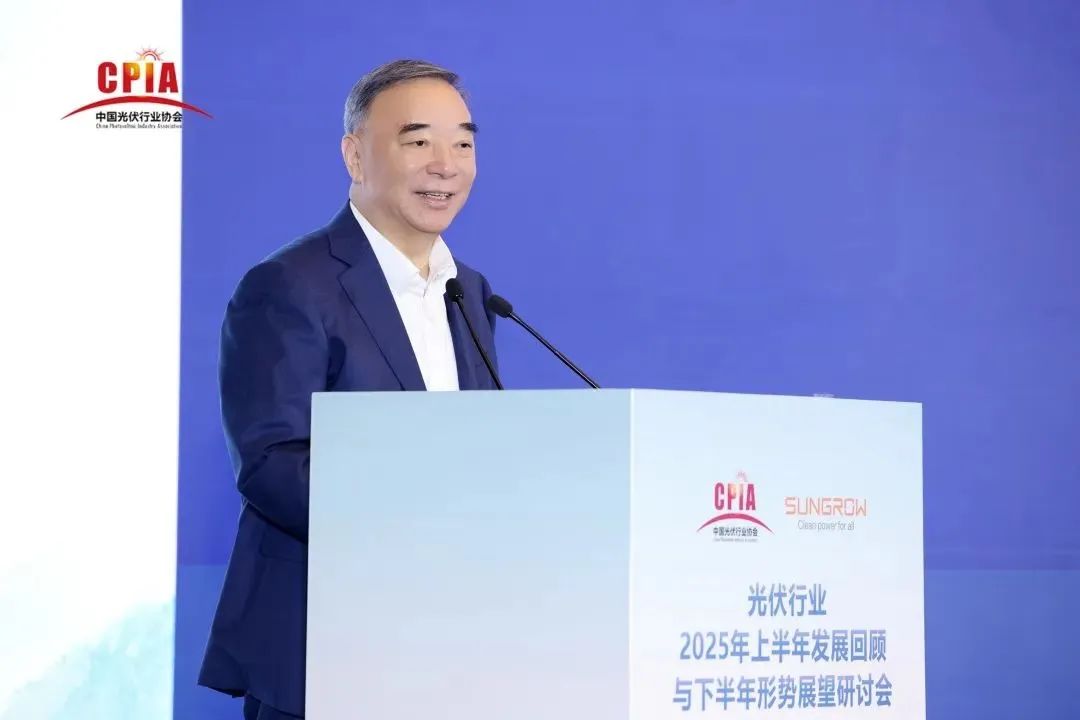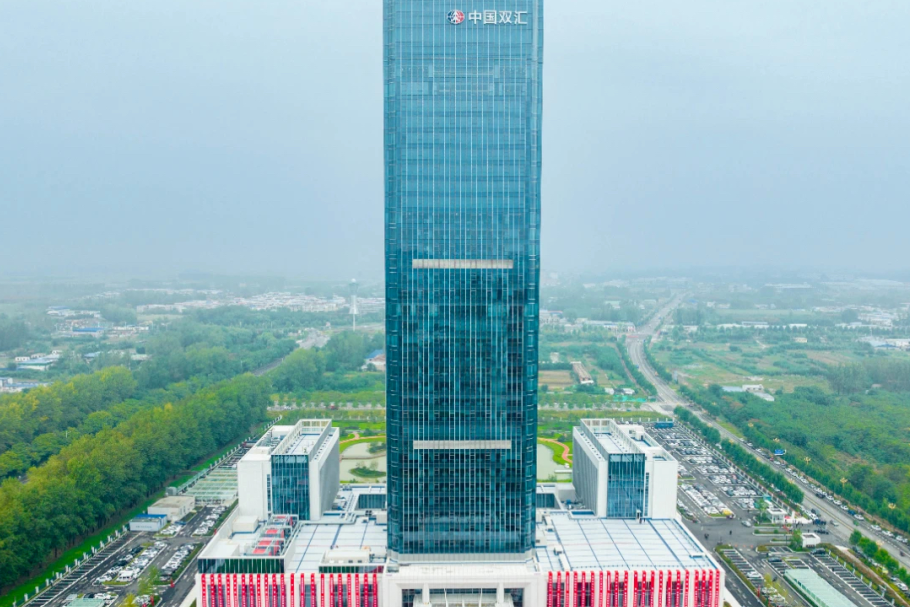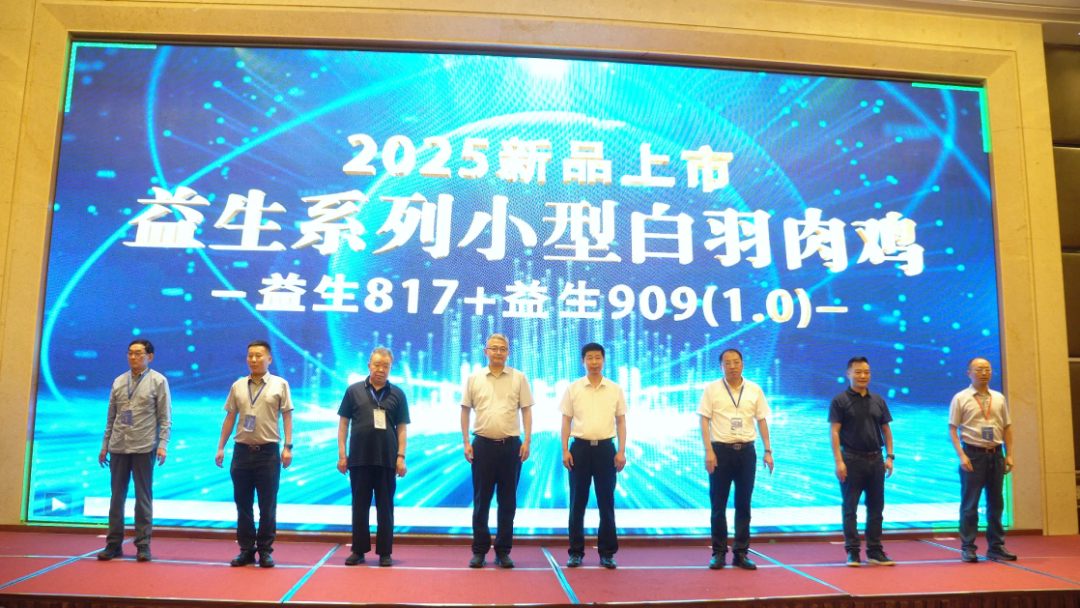In a recent industry forum, Song Zhiping, President of the China Association for Public Companies, stressed that in times of overcapacity, stabilising prices is more important than expanding output. He urged industries to shift from unhealthy competition to cooperation, pursue mergers to reduce fragmentation, and prioritise innovation and branding to escape low-price traps. His insights offer timely guidance for China’s agrifood and livestock sectors facing similar challenges.
At a recent seminar hosted by the China Photovoltaic Industry Association, Song Zhiping, president of the China Association for Public Companies, offered strategic insights on industrial overcapacity and competitive restructuring. While aimed at the solar sector, his principles resonate widely — particularly with China’s agrifood and livestock sectors, where consolidation, cyclical fluctuations, and excessive competition are pressing concerns.

Song Zhiping
Rethinking Competition: From Rivalry to Cooperation
Song began by addressing “involution” — a buzzword in China that describes destructive, zero-sum competition. In sectors plagued by excess capacity, traditional approaches to competition are no longer sustainable. Good competition, he argued, involves value creation through quality, technology, service, brand, and reasonable pricing. Bad competition — including price wars and low-quality offerings — only accelerates decline.

“Market players must evolve from competition to co-opetition,” he said. “Industry interests outweigh individual corporate interests.” He advocated for robust industry self-regulation led by associations and , with SMEs following industry rules and avoiding price destruction. The goal: maintain price integrity and ensure shared profitability amid oversupply.
From Fragmentation to Consolidation
Song identified structural fragmentation as a core weakness across many Chinese industries. With too many players chasing finite demand, resource dilution is inevitable. Instead, firms should embrace mergers and acquisitions as strategic tools for rationalising supply and boosting efficiency.

“Reorganisation is not about monopolising markets,” he clarified, “but about scaling strengths, boosting quality, and fostering innovation.”
Song outlined five benefits of M&A activity:
- Building national champions and industry leaders.
- Enabling public companies to restructure and upgrade.
- Facilitating capital market access for innovators and investors.
- Raising industry concentration to curb wasteful competition.
- Strengthening global competitiveness by accelerating outbound expansion.
Echoing industrial precedents from the West — such as 20th-century railroad and oil consolidations — he argued that large firms, post-merger, are best positioned to coordinate production cuts in proportion to market needs. Small firms lack the cohesion for orderly capacity reductions.
From Output Curtailment to Capacity Rationalisation
Stabilising prices, Song argued, begins with curtailing output — a tactical move to reduce inventories and support margins. However, the endgame must be more structural: reducing excess capacity, including over-investment in “advanced” capacity that outpaces actual demand.

“Not all high-tech capacity is justified,” he warned. “Production must align with market absorption.”
He cautioned that production cuts may artificially lift prices in the short term, tempting firms to re-expand recklessly — a dangerous feedback loop. Real discipline, he insisted, lies in synchronising volume and value, not just chasing output.
From Volume-Based Profits to Price-Based Profitability
Song challenged the fixation on volume growth, calling instead for a pivot to “price-cost-profit” logic. Citing pricing strategist Hermann Simon, he noted that price adjustments have far greater leverage on profit than cost control or sales volume.

“Some executives obsess over market share as if losing one point is a disgrace,” he noted. “But in overcapacity scenarios, maintaining price is more important than expanding sales.”
He invoked Inamori Kazuo’s dictum: “Pricing is management.” Leadership must actively steer pricing strategy rather than delegate it to the sales team. Song urged firms to accept smaller volumes if necessary — as long as margins are preserved.
From Red Oceans to Blue Oceans
Ultimately, Song concluded, survival and prosperity in mature sectors rest on innovation. “To escape the red ocean, you must sail into the blue ocean,” he said. Differentiation, segmentation, premiumisation, and branding — the “Four Transformations” — offer firms pricing power and market insulation.

“Why should consumers pay more for generic products?” he asked. Only through innovation and quality enhancement can companies earn the right to command premium prices.
AgriPost.CN – Your Second Brain in China’s Agri-food Industry, Empowering Global Collaborations in the Animal Protein Sector.




